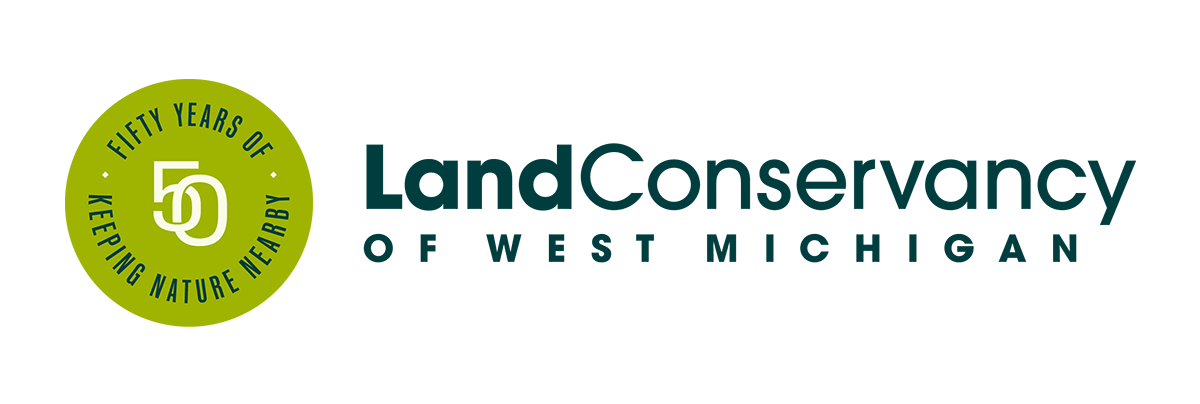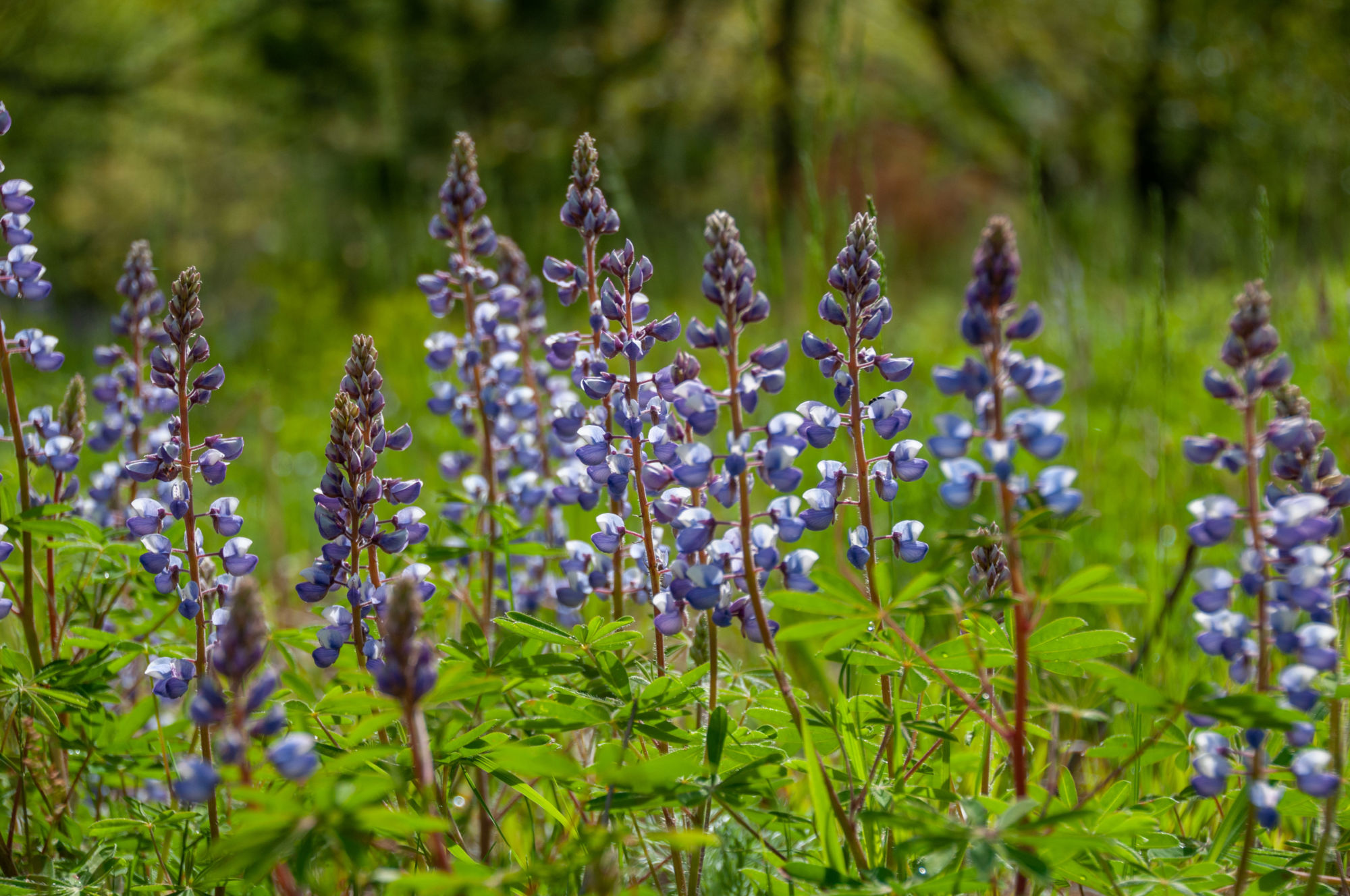
Alex Field studies tools to make birding more accessible
By Stephanie Gerling, LCWM Volunteer
It’s a beautiful day outside. The air is crisp and fresh, the leaves are just starting to change color, and the sounds of nature are filling your ears. Today, you’re visiting Michigan’s Upper Peninsula and the conditions are perfect to head to Tahquamenon Falls.
As you’re moving through the trails, you see a sign for a scenic overlook that will give you a beautiful view of the falls. The only problem is it’s 100 stairs down to the overlook, and you’re in a wheelchair. You can’t make it down safely so you turn around and head back, missing out on an up-close view of the falls.
A scenario similar to this was the catalyst for Alex Field’s occupational therapy doctoral capstone project: Features of Optics and Mounts that Facilitate Participation in Birding for Power Wheelchair Users. While Alex could make it up and down the steps, he couldn’t help but think about those who may not be able to. It made him wonder: What can we do about this?

Alex Field
The direction behind Alex’s capstone project was to take something he was passionate about and connect it to occupational therapy in some way.
“Occupational therapy is about helping people get back to what they want or need to,” explained Alex. “Things that occupy their time like getting dressed, showering, making a meal or, in my case, birding.”
For his doctoral capstone project, which was awarded in April 2023, Alex and his capstone project mentor, Freya McGregor, examined different adaptive birding equipment for people with mobility challenges. Prior to meeting, Freya had already been working on similar accessibility topics with her business, Access Birding, which provides consulting and training services to improve access and inclusion for disabled birders.
Many people associate birding with binoculars and scopes to better view the birds and their features up close. With binoculars, though, you usually need a two-handed grip to lift, steady, and focus the optics against your face—movements that can be difficult for people with mobility challenges or limited dexterity.
Together, Alex and Freya asked participants to report on different mounting features and optics for birding to determine which were helpful to people’s success of birding from their wheelchair. Since there are no mounting systems specifically designed for accessible birding, they chose to utilize a variety of existing mounts with varying weights, sizes and clamping abilities. Through grant funding, donations, and discounts from optics companies, Alex and Freya purchased lighter-weight mounts and various optics frequently used to bird. Their study sought feedback from participants with diagnoses such as spinal cord injuries and muscular dystrophy.
The participants all agreed that the key features that enhanced their experience were grippy materials on the mounts and optics, lightweight designs, and the ability to reposition the equipment to their own personal preferences. You can see examples of ideal adaptive birding mounts and tools here, as well as learn more about Alex and Freya’s work.
“One of my favorite parts of the study was getting the participants’ feedback about their experience,” said Alex, “They were so excited that someone was out there doing this research and thinking of getting everyone back into nature. I want to continue with that drive.”
Alex and Freya are currently drafting a manuscript, with plans to submit it for publication by the end of this year. Publishing their research will not only increase the visibility of their work to a wider audience, but hopefully help connect them with other researchers conducting similar studies. Their aim to advance the occupational therapy practice into non-traditional, nature-based settings is important and ongoing.
Alex’s accessibility work continues in his role as an occupational therapist in Muskegon, where he helps patients get back to doing their daily tasks. Alex also serves on the board of Grand Rapids Audubon and hosts different community events for people with mobility challenges to get back into nature and introduce birding to a wider population of people.
Next up on Alex’s agenda is co-leading a birding program at Anderson Woods Nature Preserve with the Land Conservancy of West Michigan, Grand Rapids Audubon Club, and Disability Network West Michigan. Spencer High, a member of the Land Conservancy and president of the Grand Rapids Audubon Club, and Alex will facilitate the program and ensure everyone is comfortable throughout the event.
The event will be held on Thursday, September 12th at Anderson Woods Nature Preserve in Whitehall, MI from 6:00 PM to 7:00 PM. The hike will be a 1-mile loop on a wooded and accessible trail, with frequent stops along the way to allow for breaks and birding. All ages and all levels of birders are welcome.
Please visit here to register for this program and learn more about the accessibility features of the preserve. Don’t forget to download the Merlin Bird ID app to keep track of the birds you spot along the trial. September is also the fall migration period for many birds, which should make for a fun and exciting birding experience! We hope to see you there!







